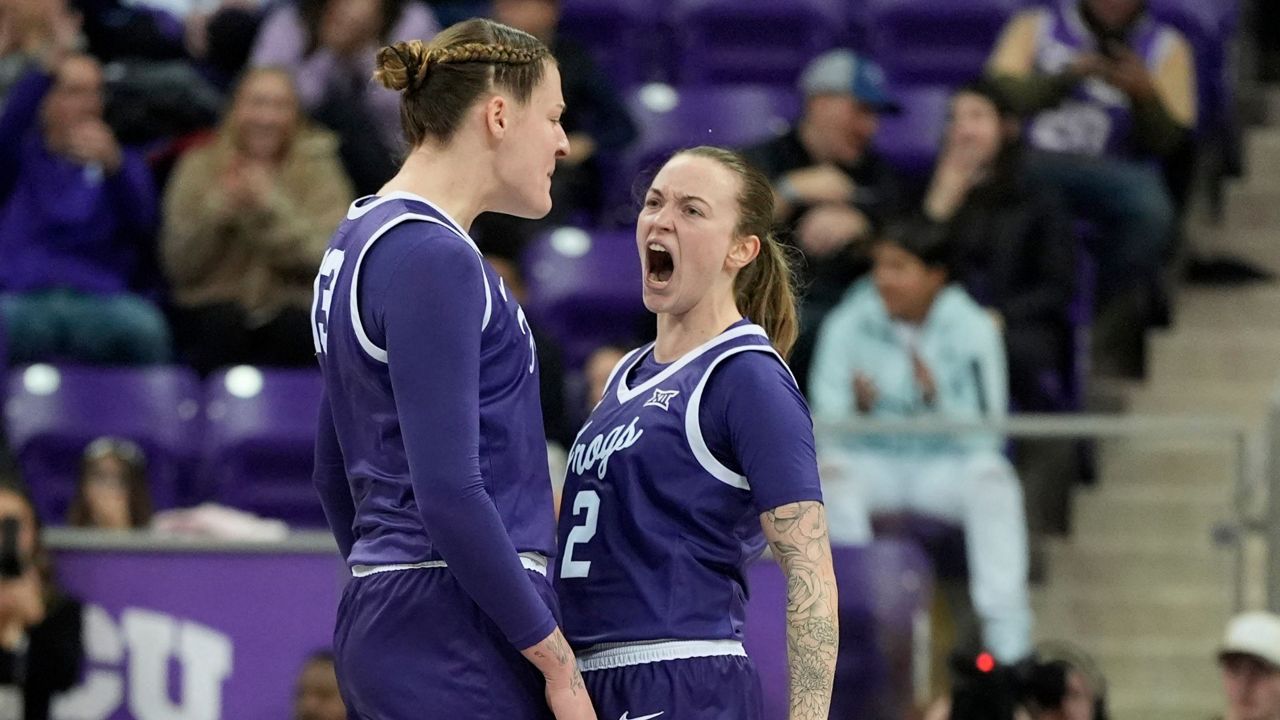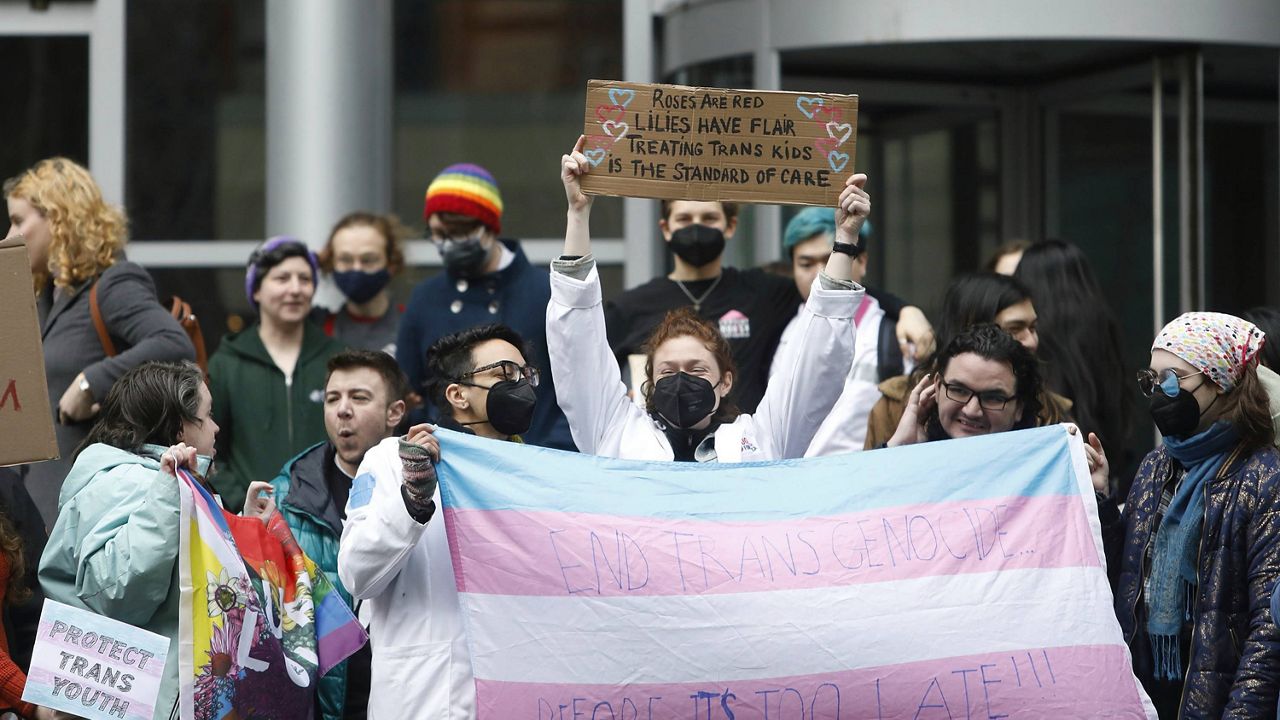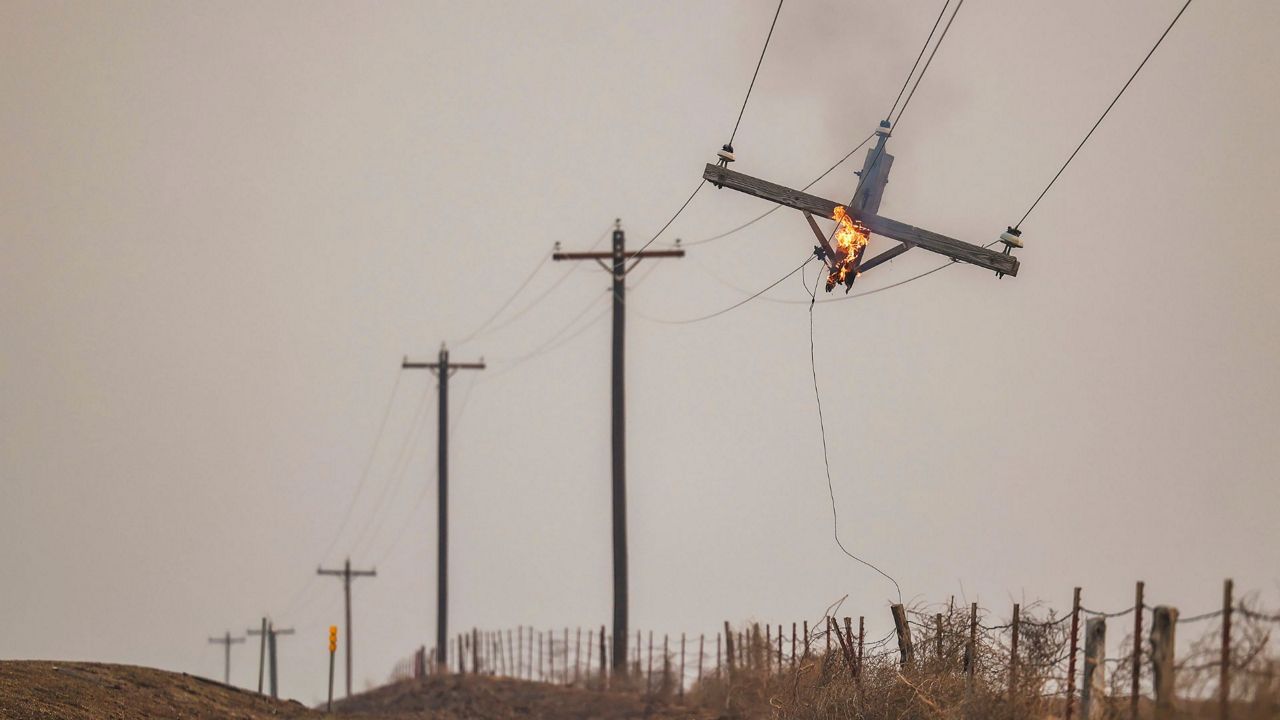SAN ANTONIO – As health care workers across the world scramble to deal with the unprecedented COVID-19 pandemic, respiratory therapist and retired Army Sgt. Victor Ruiz says it brings back memories of his time at war.
- Army Sgt. Victor Ruiz served as a medic in Iraq
- Now works at a San Antonio hospital
- Says coronavirus reminds him of time on battlefield
“Honestly when I left the military, I thought I left behind that— the hardest part of my job which was to know someone could be saved but we can’t do it," said Ruiz.
While serving in Iraq, Ruiz had to make life-or-death decisions when short supplies left him unable to treat every injured soldier.
“Unfortunately, if it ever comes to a situation where we have to decide who we can and cannot treat, I think the military mentally prepared me for that," Ruiz said.
Now working at Murphy Memorial Veterans Hospital, Ruiz hopes the coronavirus pandemic doesn’t get to that point.
“Even though I personally wouldn’t, this time, be the one making that decision, I would probably have to be the one either placing this patient on a ventilator or not being able to place that patient on a ventilator and that takes a toll on you," Ruiz said.
LIVE BLOG: COVID-19/Coronavirus News & Announcements
At war he witnesses the final moments of dying soldiers. Now as hospitals restrict visitors in an attempt to slow the spread of the coronavirus, he’s reminded of that time on the battlefield.
"I guess we never expect that when we’re back home, that that’ll happen," said Ruiz.
He and countless other medical professionals have the difficult task of keeping the virus out of their homes— Ruiz lives with his 10-year-old daughter.
“I change my uniform at work, I shower at work, I shower again when I get home," Ruiz said. "I tried at first when it started— I had her stay with family for two weeks, but at some point it— it’s I never see her. We try the best we can."
As he continues to working helping coronavirus patients, Ruiz says he hopes fellow health care workers remember that they are the last human connection their patients have while in the hospital.









